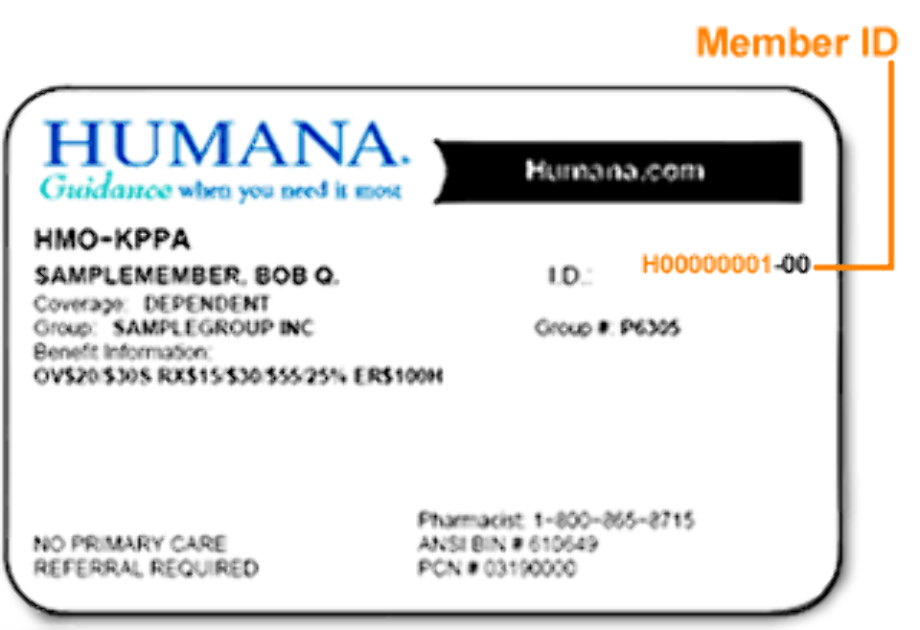Human insurance, a crucial aspect of financial planning, provides a safety net for individuals and their loved ones in times of need. From understanding the different policy options to exploring the benefits, this topic delves into the intricacies of human insurance to help you make informed decisions.
Definition of Human Insurance

Human insurance is a type of insurance coverage that provides financial protection in the event of illness, injury, or death. It is designed to help individuals and their families cope with the financial implications of unexpected events. There are various types of human insurance policies available, including health insurance, life insurance, disability insurance, and critical illness insurance. These policies offer different levels of coverage and benefits to suit the needs of policyholders.
Importance of Human Insurance
Human insurance is essential because it provides a safety net for individuals and their loved ones during challenging times. Having human insurance can offer peace of mind knowing that medical expenses, loss of income, and other financial burdens can be alleviated. The benefits of human insurance include financial security, access to quality healthcare, and support for dependents. In situations such as a serious illness, accident, or death, human insurance can be a lifesaver by providing the necessary funds to cover expenses and maintain financial stability.
Human Insurance Companies

Some popular companies that offer human insurance include Aetna, Cigna, UnitedHealthcare, and Prudential. These companies provide a range of insurance products and services tailored to the needs of their customers. When choosing a human insurance provider, it is essential to consider factors such as coverage options, premiums, customer service, and reputation. Comparing the services and coverage provided by different human insurance companies can help individuals make an informed decision about which policy is best for them.
Process of Getting Human Insurance
The process of applying for human insurance typically involves evaluating the individual’s needs, selecting a suitable policy, completing an application form, and undergoing a medical examination. Factors that can affect the cost of human insurance include age, health status, lifestyle habits, and coverage amount. It is important to choose the right human insurance policy that aligns with one’s financial goals and provides adequate coverage for potential risks. Seeking advice from an insurance agent or financial advisor can help individuals navigate the complexities of choosing the right policy.
Trends in Human Insurance
The human insurance industry is constantly evolving with advancements in technology and changing consumer preferences. The latest trends in human insurance include the use of digital platforms for policy management, personalized insurance products based on data analytics, and telemedicine services for remote healthcare access. Technology is reshaping the way human insurance offerings are delivered, making it more convenient and accessible to policyholders. The future outlook of human insurance is expected to see continued innovation and adaptation to meet the evolving needs of customers in a rapidly changing world.
Final Review: Human Insurance

In conclusion, human insurance serves as a vital tool in safeguarding against unforeseen circumstances, offering peace of mind and financial security. By staying informed about the latest trends and choosing the right policy, individuals can ensure their well-being and that of their families in the long run.
FAQ Summary
What factors determine the cost of human insurance?
The cost of human insurance is influenced by factors such as age, health condition, coverage amount, and lifestyle habits.
Can I switch human insurance policies if I’m not satisfied with my current one?
Yes, you can switch policies, but it’s essential to compare the new policy’s features, coverage, and costs before making the switch.
Are pre-existing medical conditions covered under human insurance?
It depends on the policy. Some insurers may offer coverage for pre-existing conditions, but it’s crucial to check the policy details.
